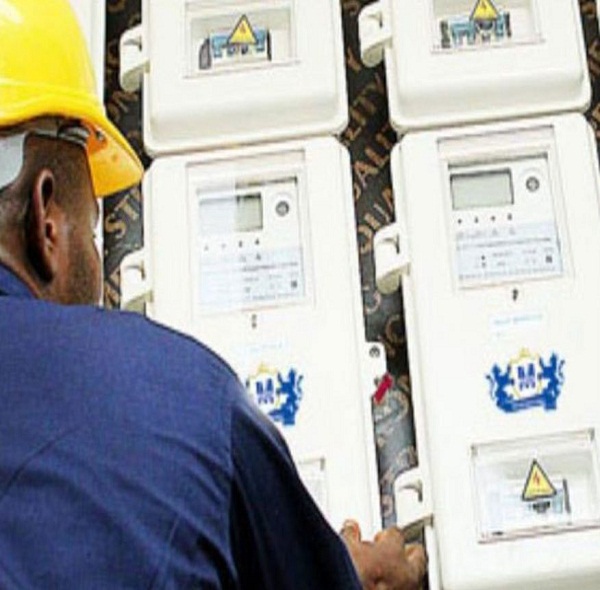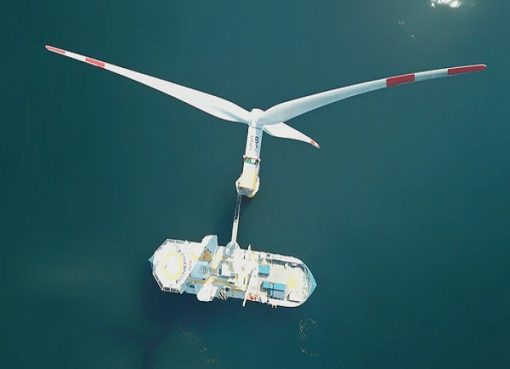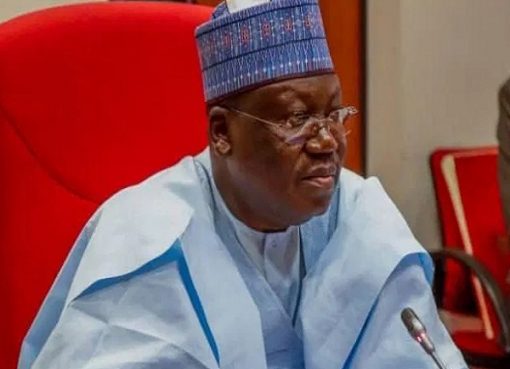There are indications that the Federal Government will this month move to the second phase of the mass metering programme after failing to achieve projected objectives in the first phase.
With loan facilities from the Central Bank of Nigeria and the World Bank, the Federal Government had launched the National Mass Metering Programme (NMMP) to provide over four million meters as estimated billing encourages poor transparency, accountability and worsens tariff collection.
A document that highlights some of the achievements of President Muhammadu Buhari had in June, disclosed that about N60 billion was provided for the first phase of the programme.
Stakeholders in the sector had gathered in Lagos last month crystallizing the workability of the next phase and decrying the challenges that greeted the phase.
Special adviser on Infrastructure to the President, Ahmad Zakari had earlier disclosed that the Federal government, last month, concluded arrangements for the commencement of the second phase of the metering programme.
Of the one million meters expected in the first phase, Zakari said 750,000 meters have been delivered to DisCos in eight months.
“The commencement of the procurement process of Phase 1 has been done strategically to ensure that there is no gap in meter supply to customers as the NMMP transitions from Phase 0 to Phase 1.
“The Minister of Power has emphasized the administration’s commitment to eliminate the metering gap by 2023,” a release from Zakari’s office noted.
His concerns were the need to prioritize local production and limit imports from other countries, especially Asia countries, insisting that the country may be exporting jobs and foreign exchange instead of assisting the local economy.
He decried that prevailing challenges that pushed phase zero of the programme to almost a year, instead of lasting for six months, adding that policies needed to be consistent to allow investors to plan.
“They are talking about a 20 per cent interest rate. That doesn’t work with manufacturing, no matter how you look at it,” he noted.
According to him, his firm focused on alternative funding sources to remain in business.
Ikpemini wants the government to consider a single-digit interest rate for the manufacturing sector with a moratorium for expansion.
Source: Guardian










